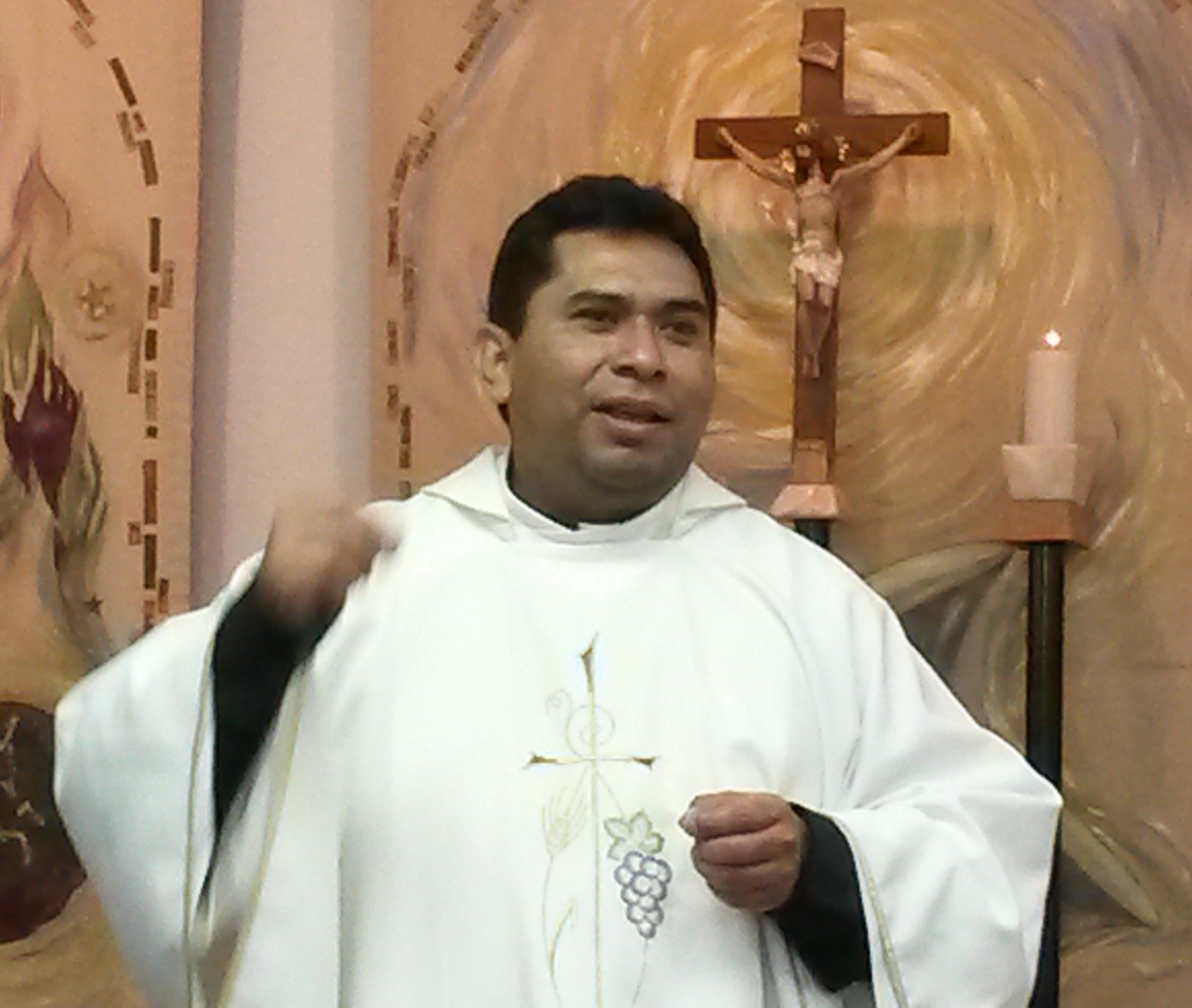 II SUNDAY OF EASTER
II SUNDAY OF EASTER
DIVINE MERCY SUNDAY
By our Pastor, Fr. Carmelo Jiménez
We are in the middle of the celebration of the paschal mystery, within the unique setting of the Jubilee Year of Mercy and exactly on the Sunday that Saint John Paul II decided to name “Divine Mercy Sunday”. And so I will begin by mentioning the Responsorial Psalm: “His mercy endures forever.”
“Many signs and wonders were done among the people at the hands of the apostles.” (Acts 5:12) In the Hebrew mentality with respect to man, after a person’s death, all of their ability to act disappeared. And so if these apostles were realizing signs and miracles in the name of Jesus of Nazareth, that meant for these Jewish men that Jesus was not dead, but alive.
“And when I turned, I saw seven gold lampstands and in the midst of the lampstands one like a son of man, wearing an ankle-length robe, with a gold sash around his chest.” (Rev 1:13) The author of Revelations prefers to give a visual description; and so each detail has meaning. His priestly dignity is evoked by the long linen tunic; his kingly power by the gold sash; his white hair symbolizes his eternity; the intensity in his eyes evokes his perfect knowledge; and his bronze feet his stability.
The same thing can be said for the Gospel of John, every detail counts; every detail tells us and expresses to us more than the words say.
- Giving of peace. “Peace be with you.” (Jn 20:21) To take away all their fear, Jesus gives them peace. It is the fruit of an encounter with Him, and so he casts out all fear, brings life and hope and returns their meaning of existence as people and as disciples.
- Giving the Holy Spirit. “Receive the Holy Spirit.” (Jn 20:22) The Spirit is the breath of life. It is the same breath that gave life to the first human. (Gn 2:7) The breath that the Creator bestowed on the first man. And now, the breath of the Resurrected One, that transmits the Spirit, wants to recreate man. Faith in the resurrection brings us to affirm and defend life and fight against all signs of death.
- Pardoning of Sins. “Whose sins you forgive are forgiven them, and whose sins you retain are retained.” (Jn 20:22) The Resurrected One offers salvation and forgives the desertion and abandonment of his disciples in the moments of the passion and death of their Master. They do not get any reproach for their betrayal nor does he demand some gesture of reparation. The Resurrected One transmits to the disciples his own power so that, in his name, they themselves, weak and sinners can forgive the sins of their fellow men.
It is in the community that Christ offers himself. It is easy to see how Jesus does not first speak to Thomas, but rather offers peace to the community, “then he said to Thomas.” (Jn 20:26-27) The heart of his message is at end of the verse: “do not be unbelieving, but believe.” (Jn 20:28) Nobody touches his wounds…theologians say that paradoxically the faith of the Apostle Thomas is a pure and sincere faith because it is born out of his humanity and surpasses all doubt.
In the middle of our actions, words and prayers, “in these three forms” He tells Sr. Faustina, “is contained the fullness of his mercy.” (Diary 742) Asking for God’s Mercy, trusting in his Mercy, and living as merciful people we can assure ourselves that we will hear the beautiful promise of “blessed are the merciful, for they shall receive Mercy.” Amen.